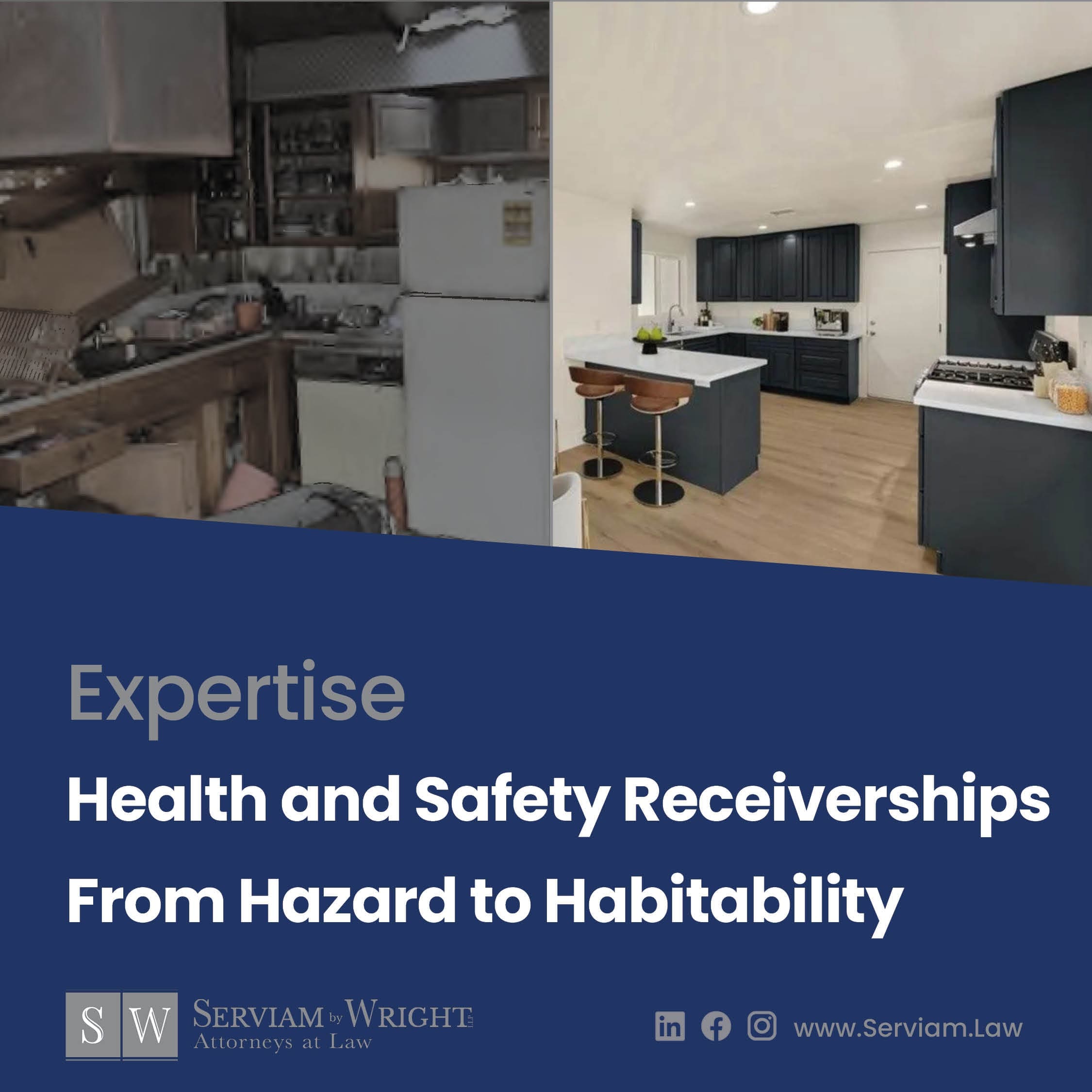Hoarding is an issue and a large factor in many of the nuisance cases our firm works on. A lack of code compliance and decreased quality of life is often the result of hoarding. Although the topic of hoarding has become more well known due to things like television shows that discuss the topic, there is still limited understanding that hoarding has on communities.

Hoarding is a complex behavioral disorder characterized by a persistent difficulty discarding possessions, regardless of their actual value. While it may be mistaken for mere clutter or an overzealous collection, hoarding involves the excessive accumulation of items in a way that severely impairs the use and safety of living spaces.
The American Psychiatric Association identifies hoarding as a mental health condition that can lead to uninhabitable conditions inside a home. The items stored—often including newspapers, food containers, packaging, and even garbage—can create serious hazards for both occupants and surrounding neighbors.
When Hoarding Becomes a Public Concern
Though hoarding originates as a private issue, its consequences are often felt far beyond the walls of a single residence. Entire neighborhoods may be impacted when one property becomes overrun. Common concerns associated with hoarded properties include:
- Mold and mildew development
- Rodent and insect infestations
- Deteriorating or unsafe structural conditions
- Fire risks due to blocked exits or flammable materials
- Obstructed access to plumbing, electrical, and HVAC systems
- Increased risk of illness from poor sanitation
These issues present serious health and safety threats not only to the individual suffering from hoarding disorder but also to neighbors and first responders. The presence of pests or mold can spread to adjacent homes, and fire hazards can escalate quickly, affecting multiple properties.
Property Damage and Community Impact
Hoarded homes frequently fall into disrepair, as the sheer volume of materials prevents regular maintenance. Technicians are often unable to access critical systems for inspection or repair, leading to unchecked deterioration—such as leaking pipes, failing electrical systems, or sewer backups.
Structural integrity can also be undermined. Rodents may burrow into walls and ducts, chew through wiring, and weaken load-bearing elements. Water damage from leaks or blocked ventilation can compound these problems, ultimately rendering the structure unsafe for habitation.
The ripple effects can be far-reaching: diminished neighborhood property values, strained local resources, and increased calls for code enforcement intervention.
How Can Serviam Help Municipalities in Addressing Nuisance Properties
At Serviam, we regularly support public agencies in addressing nuisance properties—including those caused by hoarding. While sensitivity and compassion are essential when approaching mental health-related issues, so is timely action to protect public safety.
Cities and counties are often left to balance legal rights, mental health concerns, and community well-being. Tools such as administrative abatements, Health and Safety Code receiverships, and court-authorized cleanups can help restore properties and neighborhoods to livable standards.
If your agency is dealing with the consequences of hoarding and needs guidance on available legal remedies, Serviam is here to help. Our team brings deep experience in code enforcement, nuisance abatement, and court receivership law.





